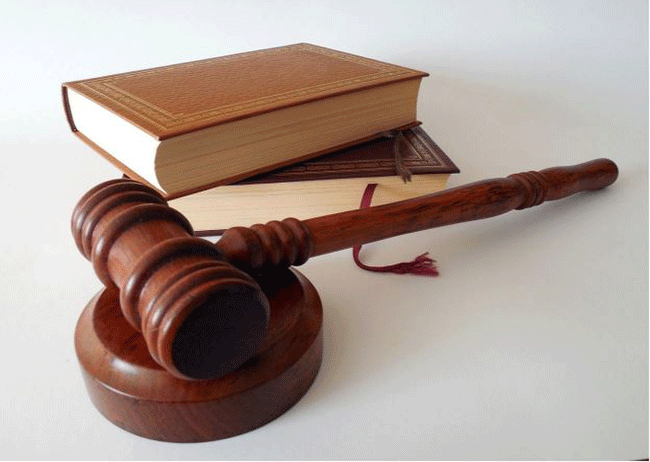Blog

Superior Court Finds Fraud Exception Does Not Apply to Spousal Communications Privilege
/ 29.Jan, 2016In Cap Glass, Inc. v. Coffman, 2016 WL 157059 (Pa. Super. Jan. 13, 2016) the Superior Court held the trial court erred in compelling the divulgence of confidential marital communications. The action against John and Lisa Cavanaugh and Tammy and Robert Coffman alleged Lisa Cavanaugh issued fraudulent checks to the Coffmans, who provided cash kickbacks to the Cavanaughs. At the deposition of John Cavanaugh, counsel for the Cavanaughs repeatedly objected on the basis of spousal privilege. Following the deposition, plaintiff moved to compel John Cavanaugh’s testimony. Finding the fraud exception applied to the spousal privilege, the trial court granted the motion. Lisa Cavanaugh brought an interlocutory appeal of the order relying the confidential communications privilege set forth in 42 Pa. C.S.A. § 5923.
Before the Superior Court considered the merits of the appeal, it had to address whether the trial court’s order was a collateral order appropriate for review. Plaintiff argued the order was not collateral because the issues were inextricably intertwined with plaintiff’s cause of action. In determining the order was collateral, the court distinguished between the spousal privileges found in 42 Pa. C.S.A. § 5923 and in 42 Pa. C.S.A. § 5924. Section 5924 renders spouses incompetent to testify against one another absent a statutory exception. 42 Pa. C.S.A. § 5924. Section 5923, on the other hand, bars testimony of confidential communications by a spouse unless the privilege has been waived. 42 Pa. C.S.A. § 5923. Based on this distinction, the Superior Court determined review was proper because it would require only a determination of whether Cavanaugh could rely on § 5923 to prevent testimony by her husband in a conversion action against both of them and whether the fraud exception applies to § 5923. These issues do not require a determination of whether fraud actually occurred.
The Superior Court then turned to the merits of the appeal – whether the fraud exception applied to Cavanaugh’s claim of spousal privilege pursuant to § 5923. The cases relied on by plaintiff and the trial court involved the competency of spouses to testify against one another, not the confidential communications privilege. See, e.g., Kine v. Foreman, 209 A.2d 1 (Pa. Super. 1965); Kerr v. Clements, 25 A.2d 737 (Pa. Super. 1942). The Superior Court found these cases inapplicable, and instead relied on the Pennsylvania Supreme Court’s analysis of the spousal privileges applicable in criminal actions. See Commonwealth v. Newman, 633 A.2d 1069 (1993); Commonwealth v. Hancharik, 633 A.2d 1074 (1993); 42 Pa. C.S.A. § 5913; 42 Pa. C.S.A. § 5914. The Superior Court held the fraud exception does not apply to the application of § 5923, and Pennsylvania law permits disclosure of confidential marital communications sparingly, such as in instances of waiver or protecting against a spouses attack on character.
In applying its holding to the case at bar, the Superior Court reversed the trial court order as it related to plaintiff’s questions regarding a private phone conversation between husband and wife, a private disclosure between spouses of illegal activity, and a private confession by a spouse. However, the trial court’s order was affirmed as it related to questions that did not explicitly seek a disclosure of a spousal communication, such as a question about whether a spouse communicated information to the authorities. Going forward, it can be expected parties will test what questions explicitly implicate spousal communications and what constitutes waiver.


Comments